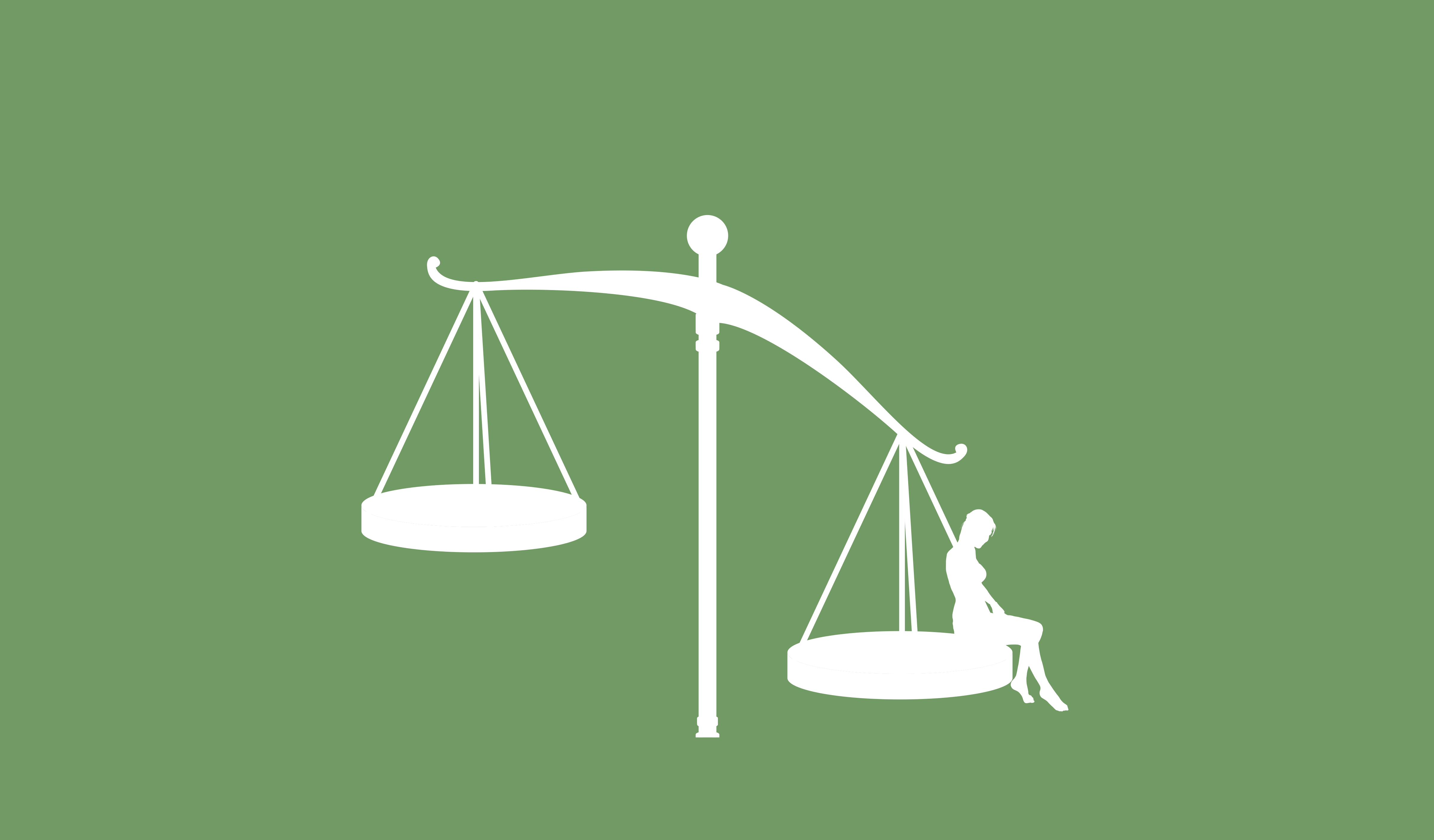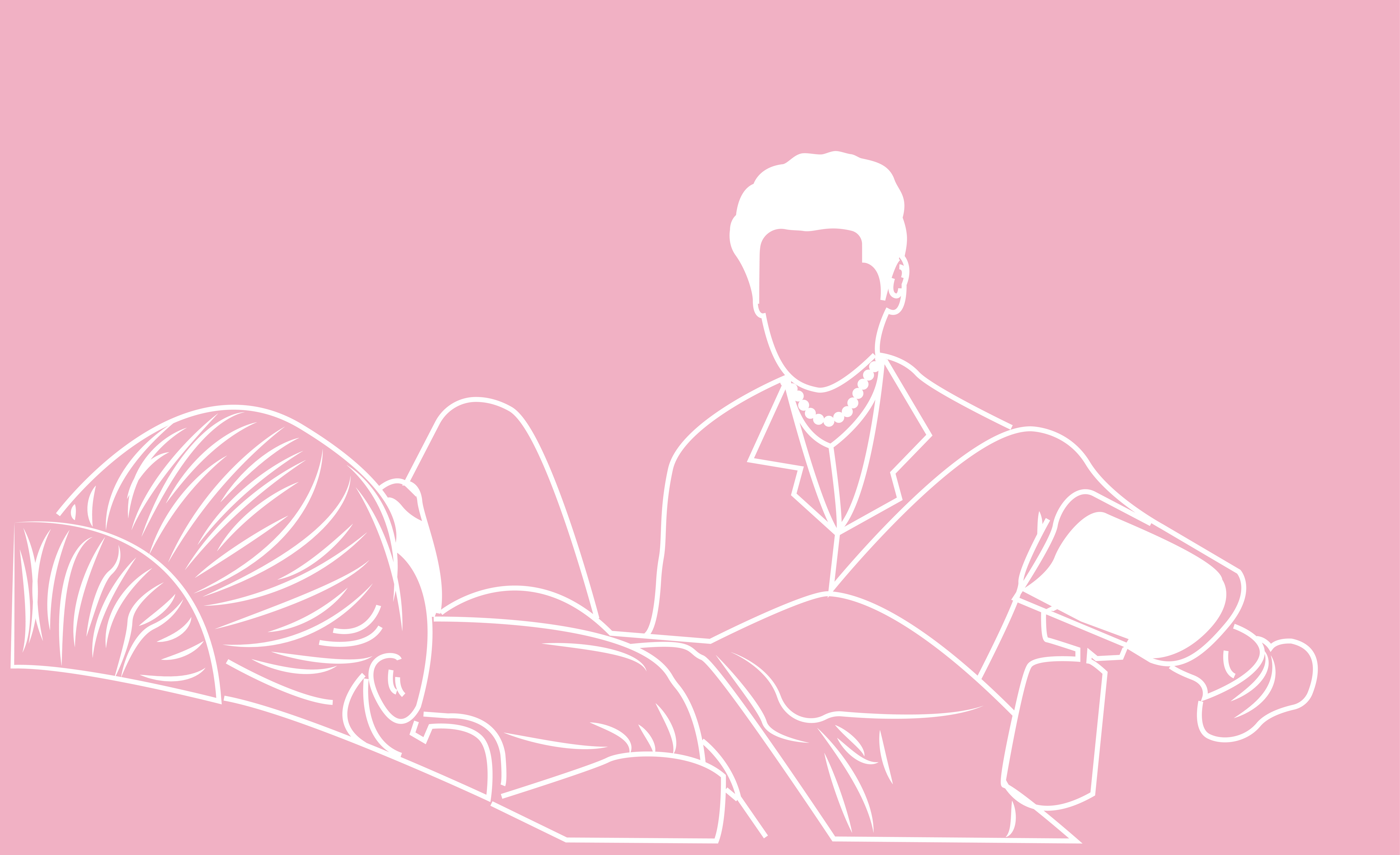My parents never needed to motivate me to prepare for exams; I was never bribed with a new video game to practice my multiplication tables, or offered a later curfew to study. My instinct was to always want to impress my teachers, or any other adults I could.
I went to the gynecologist for the first time when I was 16. My doctor was a younger woman with a nose piercing and bell-bottomed jeans, the aesthetic of a “feminist icon”. She took me kindly through every part of the process, explaining everything before she did it, asking me how I was feeling.
Before inserting the speculum, a large glass device I had never seen or heard of before, my doctor asked me a few questions. Standard, medical-related.
“When was your last period?” I answered.
“How long have you been sexually active?” I told her.
“Do you use protection?” I said yes.
“Your mom told me you have a boyfriend?” I said yes.
“He’s nice to you?” I said yes.
I was happy that she cared about my mental well-being and safety in addition to my physical health.
“You love him and everything right?” she added, almost as a connected phrase to the previous question. I searched my head for the right answer.
It was clear that this wasn’t meant as casual, fun chit-chat. She saw being in love with my boyfriend as a necessary standard to meet for my safety, well-being, and ability to have legitimate and happy sex. This was her final question.
“Yes.” She smiled. I felt the validation of a green check mark or an A-grade.
I was in a loving, heteronormative, monogamous relationship. I was a gold-star gyno patient. My doctor approved of my sex, and let this be known before she inserted this large glass device into me. Although the question threw me off, I still felt comfortable with her because I knew she approved of me. The exam was easier than expected.
I came into my next few appointments as a single young woman. She asked a few questions, and the routine was usual. I didn’t think much of it. The “love” or “boyfriend” questions didn’t come up.
When I was 18, I went in for my routine check-up. After a quick greeting, the first off-handed question my gyno asked was, “Still the same boyfriend right?”.
At this point, I had been broken up with that boyfriend for almost two years, and had had sex with numerous people of different genders.
“No.”
“Okay. I don’t need to swab you” the doctor stated. Her assumption being that I was celibate since the breakup. She started moving on to the next step of the check-up.
There was a moment when I just wanted to go with the flow, let her believe what she wanted, avoid another invasive examination.
I was conditioned to impress and seek approval from adults with authority or power. I tell my dentist I floss more than I do; I exaggerate my interest in the readings my professor assigns. I wanted to lie here too. I didn’t want to ruin the perfect picture I had painted of my sexuality. I didn’t want to disappoint her.
“No, please do the proper tests,” I told her, deciding to take care of my physical health over my social stress.
Sticking up for myself was a rash decision; I didn’t know if I regretted it yet. I waited for her reaction.
My gyno gave a quick “okay” and performed the exams she did the first time I came in. I felt her judgement.
I had given myself up. I had sex out of monogamy. I had sex with numerous partners out of monogamy. I felt an internalized guilt bubble up, where it hadn’t been before.
This time, I felt my body tense up when she inserted the speculum. It even hurt a bit. I felt more vulnerable, even though I was technically experienced with the procedure now. I had lost that emotional comfort. I felt I had lost her respect.
I couldn’t muster up the courage to tell my gynecologist about the unprotected sex I had with a person with a vagina, even though I knew it was probably important to.
I do not fear for my physical safety in medical exams; I am a white, femme-presenting cisgender woman. I have citizenship and insurance. I am generally protected within the healthcare system. What I fear is that my very existence as a sexually-active queer woman brings discomfort or unease to people I have been conditioned to seek approval from. I fear diverging from the answer sheet of what “acceptability” and “healthy behavior” is. I fear that my sex is misunderstood by someone who is supposed to be an expert in their field of sexual health.
I still never disclose my sexual history with people with vaginas to my gyno, even if they were unprotected. I can’t give two wrong answers in one day. I am too afraid of failing my exam
Story by Phoebe Fisher, New York, 2019.


